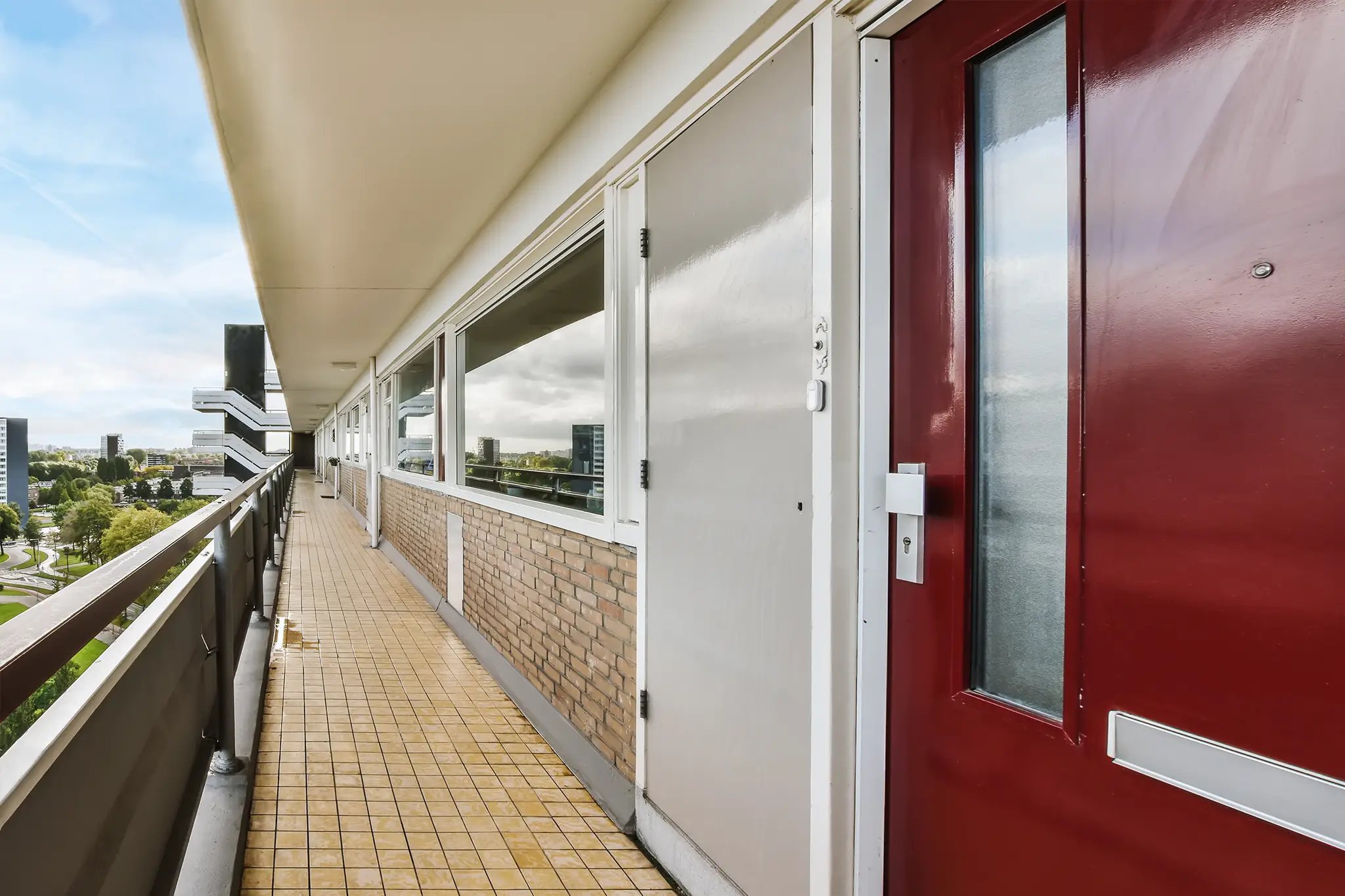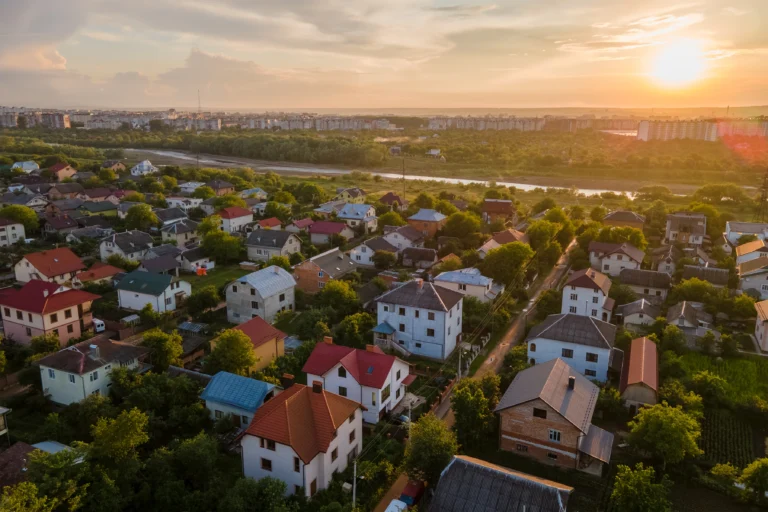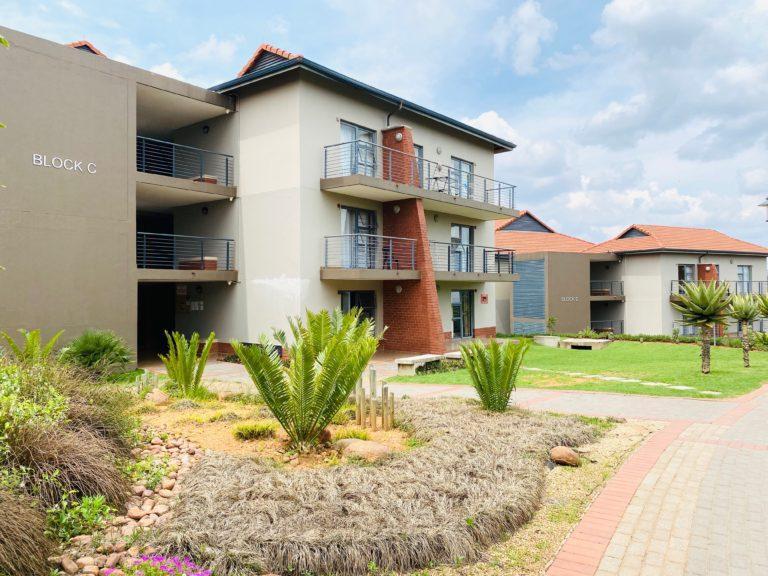Living Off-Campus in Johannesburg: Pros and Cons for Students

Choosing where to live as a student is a major decision that can shape your entire university experience. While some students opt for on-campus accommodation, many choose to live off-campus — either for lifestyle reasons or simply because on-campus space is limited and fills up quickly.
Johannesburg offers a wide range of off-campus student accommodation options — from granny flats and studio apartments to shared houses and student-only residences. Each comes with its own benefits and challenges. Below is a helpful breakdown of the pros and cons of living off-campus in Johannesburg to help you decide what suits you best.
Pros of Living Off-Campus in Johannesburg
1. Independence and Life Skills
Living off-campus gives students a genuine taste of adulthood. You set your own rules, manage your time, budget, cleaning, cooking, and household routines.
While on-campus accommodation may include catered meals, cleaning services, curfews, or residence rules, off-campus living requires you to handle everything yourself — a valuable way to build independence before entering the real world.
2. Privacy and Personal Space
Student accommodation often requires sharing a room, bathroom, or communal kitchen.
Living off-campus gives you the option of your own room, your own flat, or choosing housemates you’re comfortable with. More privacy means more control over your environment, the freedom to invite friends over, and a quieter space to study, rest, and recharge away from the noise.
3. Variety and Lifestyle Choice
Johannesburg is a large, diverse city with neighbourhoods that offer different atmospheres for students:
-
Braamfontein & Auckland Park – vibrant, student-friendly, close to Wits & UJ, great nightlife
-
Melville & Richmond – relaxed, creative, café culture, quieter
-
Roodepoort / Ruimsig – suburban, peaceful, more space for the same price
Living off-campus gives you the freedom to choose a location that matches your lifestyle, budget, and personality.
4. Potential Cost Savings
Sharing a house or flat can significantly reduce living expenses. Splitting rent, utilities, household essentials, and even groceries can result in meaningful monthly savings.
With the right budgeting — and a willingness to compromise on luxury or location — off-campus living can be more affordable than student residence fees.
5. Separation Between Home and Campus Life
Having a clear distinction between your academic and personal life can boost mental health and productivity.
Being on campus allows you to stay focused, and going home gives you the chance to switch off, relax, and reset. Your off-campus home becomes a sanctuary, helping you maintain balance.
Cons of Living Off-Campus in Johannesburg
1. The Commute (Your New Unwanted Hobby)
This is arguably the biggest drawback. Johannesburg traffic is notoriously challenging, and relying on a car, taxi, buses, or ride-hailing services can be time-consuming and costly.
When budgeting, remember to factor in fuel, parking, taxi fares, or Uber/Bolt costs — they add up quickly.
2. The Hidden (Not-So-Hidden) Costs
Rent is just the starting point. Many off-campus units require you to pay separately for:
-
Electricity
-
Water
-
Wi-Fi
-
Security
-
Transport
-
Groceries
Some places include these in the rent, but more affordable apartments often do not. Always ask what’s included before signing.
3. Safety and Security Concerns
As with any major city, safety is a real consideration. On-campus residences generally have controlled access and security. Off-campus, the responsibility falls to you.
When apartment-hunting, consider:
-
The safety of the area (especially after dark)
-
Security measures: burglar bars, access control, alarms, cameras, security guards
-
Proximity to public transport
Never compromise your safety for convenience or price.
4. Potential for Isolation
Living off-campus can unintentionally distance you from student life. You may miss spontaneous campus events, late-night study groups, or social hangouts. To avoid isolation, engage in clubs, sports, societies, or social activities — staying connected is important for both mental health and building friendships.
5. More Responsibilities and Admin
Freedom comes with admin. Off-campus living means:
-
Managing lease agreements
-
Paying bills on time
-
Dealing with landlords or agents
-
Handling cleaning, groceries, repairs, chores
-
Navigating roommate conflicts
It’s doable — and worthwhile — but requires maturity, planning, and balance alongside academics.
So… Which Option Is Better?
It depends on your personality, priorities, and lifestyle.
If you want convenience, closeness to classes, and to be fully immersed in campus life — on-campus living may be the best choice.
If you value independence, privacy, control over your space, and you’re prepared to budget wisely and handle household responsibilities — off-campus living could be ideal for you.
A smart approach?
Consider staying on campus in your first year. This helps you adjust to university life, make friends, and settle into a routine. In second year, move off-campus once you’re comfortable and ready for more independence.






